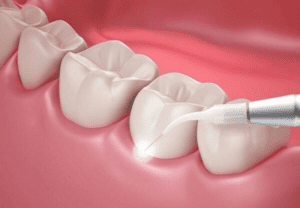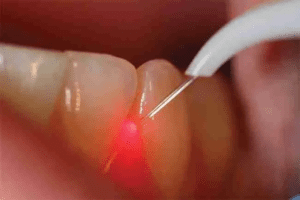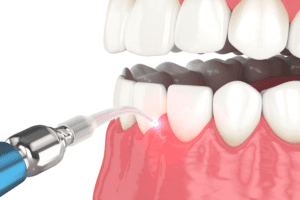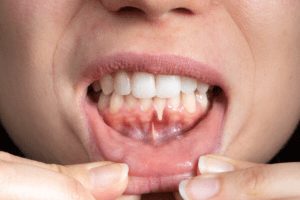Are you wondering how to best care for your smile after All-On-4 implant surgery? Proper aftercare is crucial for ensuring the longevity and success of your dental implants, involving regular check-ups and maintaining good oral hygiene.
Importance of Regular Dental Checkups
After undergoing All-On-4 implant surgery, the journey towards maintaining your new smile begins. One of the cornerstones of ensuring the longevity and success of your implants is the commitment to regular dental checkups. These checkups serve as a preventive measure, allowing dental professionals to monitor the health of your implants, gums, and overall oral hygiene. Regular visits help in identifying any potential issues early on, ensuring that your implants remain in optimal condition.
Moreover, during these checkups, dentists can provide personalized advice tailored to your specific needs, which is crucial for maintaining the health of your All-On-4 implants. It’s also an opportunity to assess if any adjustments are necessary to enhance the functionality or aesthetics of your implants. For individuals considering this procedure, understanding all aspects of care is vital. To gain more insight, one might explore if Are All-On-4 Implants Right for Everyone?, which can offer additional perspective on the suitability and expectations of this dental solution.
Optimal Oral Hygiene Practices
Maintaining optimal oral hygiene is crucial following any dental procedure, especially after receiving All-On-4 implant surgery. It’s important for individuals to understand the significance of keeping their mouth clean to ensure the longevity and success of their implants. Proper oral hygiene practices play a pivotal role in preventing infections and promoting healing, thereby contributing to the overall health of the mouth and the success of the dental implants.
Ensuring that the mouth remains clean and well-cared for after surgery is not just about preserving the aesthetic appeal of the implants but also about safeguarding one’s oral health. It’s essential for individuals to be aware of the importance of maintaining a clean oral environment to support their dental health journey. For those considering or having undergone All-On-4 implant surgery, Experience All-On-4 Implants in Harrisonburg Today to understand how these practices contribute to the success of their treatment.
Managing Discomfort After Surgery
After undergoing All-On-4 implant surgery, it’s natural to experience some level of discomfort as part of the healing process. The body’s response to this type of dental procedure can vary from person to person, with factors such as individual pain tolerance and the specifics of the surgery playing a role in the recovery experience. Understanding that discomfort is a common aspect of the post-surgery period is important for setting realistic expectations about the healing journey.
Foods to Consume Post-Surgery
After undergoing All-On-4 implant surgery, it’s crucial to focus on your diet to ensure a smooth and efficient healing process. Initially, your dietary choices should be inclined towards soft foods and liquids to avoid any undue pressure on your new implants. Opting for nutritious soups, broths, smoothies, and mashed vegetables can provide your body with the essential nutrients it needs to heal without compromising the integrity of your dental work. It’s also important to stay hydrated by drinking plenty of water. As your recovery progresses, you can gradually reintroduce more solid foods into your diet, always paying attention to how your body and new implants respond. For more detailed guidance tailored to your specific situation, consulting with professionals like those at the Harrisonburg Periodontists is advisable.
Monitoring Healing Progress
After undergoing All-On-4 implant surgery, it’s essential to keep a close eye on the healing process. This involves observing the changes and developments in the surgical area over time. Monitoring healing progress is a crucial step to ensure that the recovery is moving forward as expected. It involves noting any unusual signs or symptoms that may arise and being aware of the general state of health in the area of the implants. This process is key to identifying any potential issues early on, allowing for timely consultation with a healthcare professional if necessary.
Conclusion
For further guidance, feel free to call us at (540) 434-8575 or read our reviews on Google Maps.





